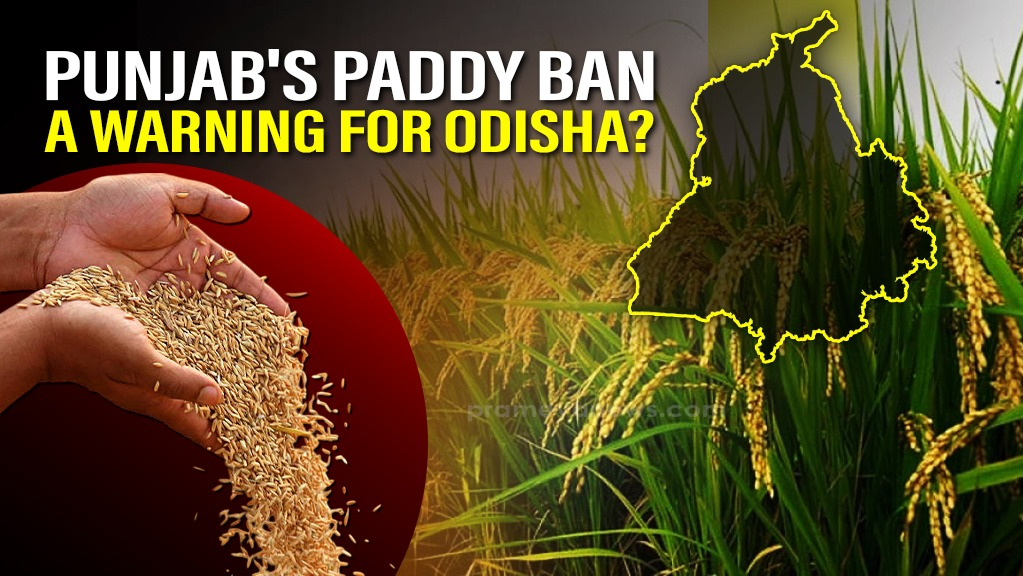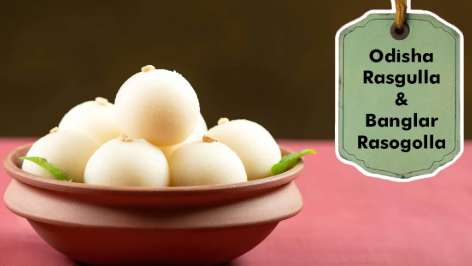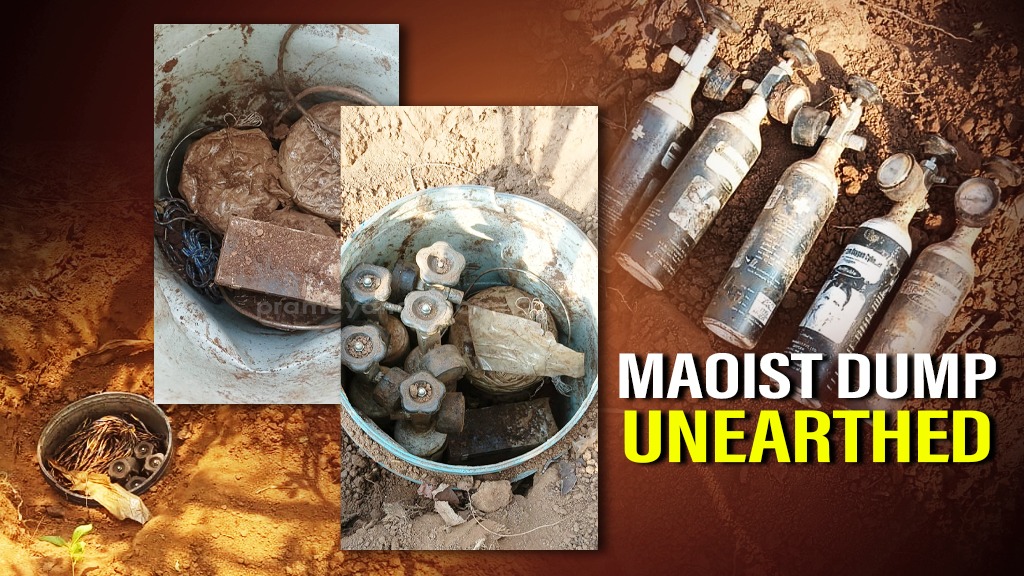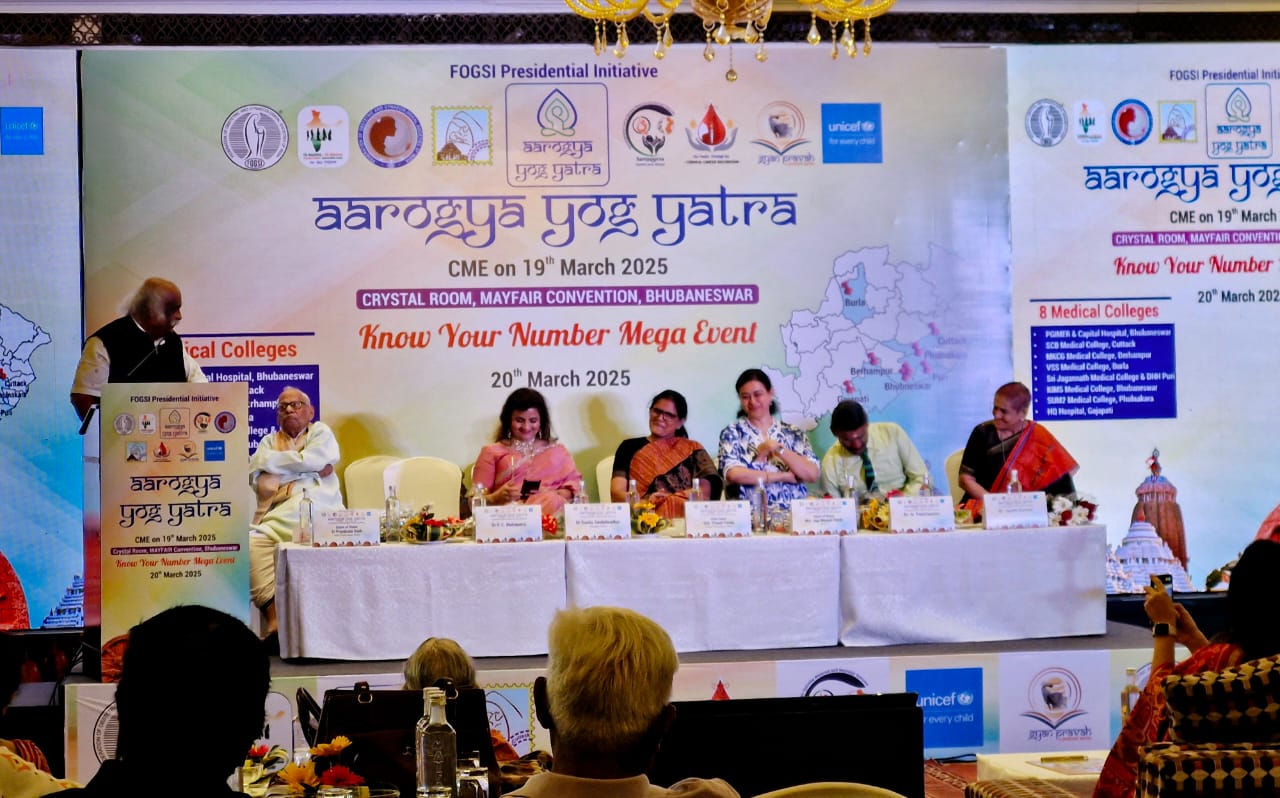Punjab Govt. Bans on Hybrid Paddy Varieties
The Punjab government's recent decision to impose a complete ban on the sale and sowing of hybrid paddy seeds, alongside the traditional PR-44 variety, for the Kharif 2025 season has ignited major disagreements in the farming community. The directive, issued by the state's Director of Agriculture on April 7, 2025, cites recommendations from Punjab Agricultural University (PAU), Ludhiana. However, it places seed companies in a challenging position and stands in contrast to rising hybrid paddy cultivation in other Indian states, sparking a debate over quality standards, farmer choice, and agricultural policy.
The Government's Rationale on the Ban
The official order prohibits both the sale and cultivation of all hybrid paddy varieties and the specific long-duration variety PR-44 during the current Kharif season. The government attributes the ban on hybrids primarily to two factors: their perceived high seed cost and their alleged failure to meet the quality standards set by the Food Corporation of India (FCI), particularly concerning grain breakage and lower milling recovery ratios. This latter point gained traction last year when rice millers in Punjab reportedly refused to procure hybrid paddy citing these quality issues. The ban on PR-44 continues from the previous year, attributed to its long maturity period and consequently higher water consumption.
Seed Industry Reaction
The Federation of Seed Industry of India (FSII) has strongly contested the ban, presenting counterarguments to the Punjab government. They assert that the banned hybrid varieties were notified for cultivation in Punjab by the Government of India only after rigorous testing and trials conducted by the Indian Council of Agricultural Research (ICAR), which include meeting FCI milling recovery norms as a key criterion. FSII disputes the claims of poor milling quality, citing data from PAU, ICAR, and international bodies like the International Rice Research Institute (IRRI), which they argue show hybrids meet or exceed required standards (70-72.5% milling percentage, 60-63.9% Head Rice Recovery). They emphasize that milling efficiency is influenced by multiple factors beyond the variety itself, including grain moisture content at harvest and milling, and the machinery used.
FSII highlights the agronomic benefits of hybrids, such as a 15-20% yield advantage over conventional varieties, earlier maturity (10-15 days sooner), and reduced water requirements (by 15-20%), contributing to farmer income and resource sustainability. They point out that hybrids constitute only about 5% of Punjab's rice area, whereas neighboring states like Haryana cultivate them on a much larger scale (approx. 35%) without widespread milling issues, suggesting Punjab's problems may require specific investigation rather than a blanket ban.
The PAU's Stance
The seed industry has also expressed puzzlement over PAU's role, noting an apparent contradiction between the university's participation in the official notification process validating these hybrids after trials and its subsequent recommendation supporting the ban based on performance concerns. FSII argues this creates confusion for farmers. Unofficially, sources suggest pressure from the arhtia (commission agent) lobby may have influenced the ban on hybrids.
The Punjab government's ban on hybrid paddy and the PR-44 variety for Kharif 2025 creates a clear conflict between state agricultural policy and the seed industry, potentially limiting farmer choice. While the government cites quality concerns raised by millers and PAU recommendations, the seed industry presents evidence of validated performance, higher yields, and resource efficiency for notified hybrids. This decision, contrasting with trends in neighboring states and raising questions about underlying influences, puts Punjab's approach to paddy cultivation and adoption of agricultural innovation under scrutiny, with potential economic consequences for both seed suppliers and farmers seeking high-productivity options.

















































